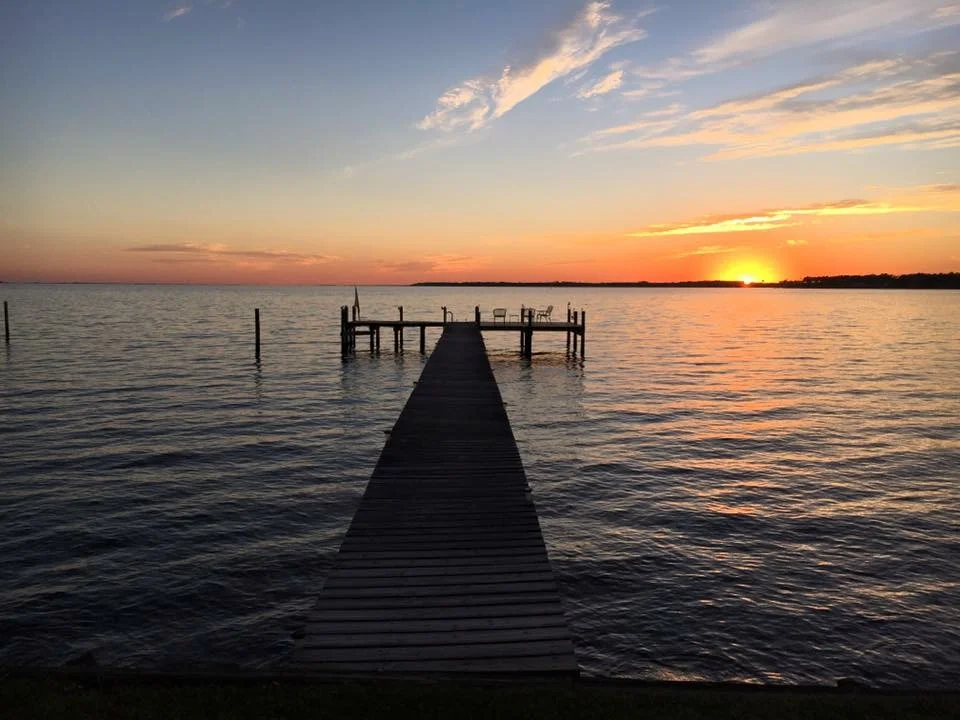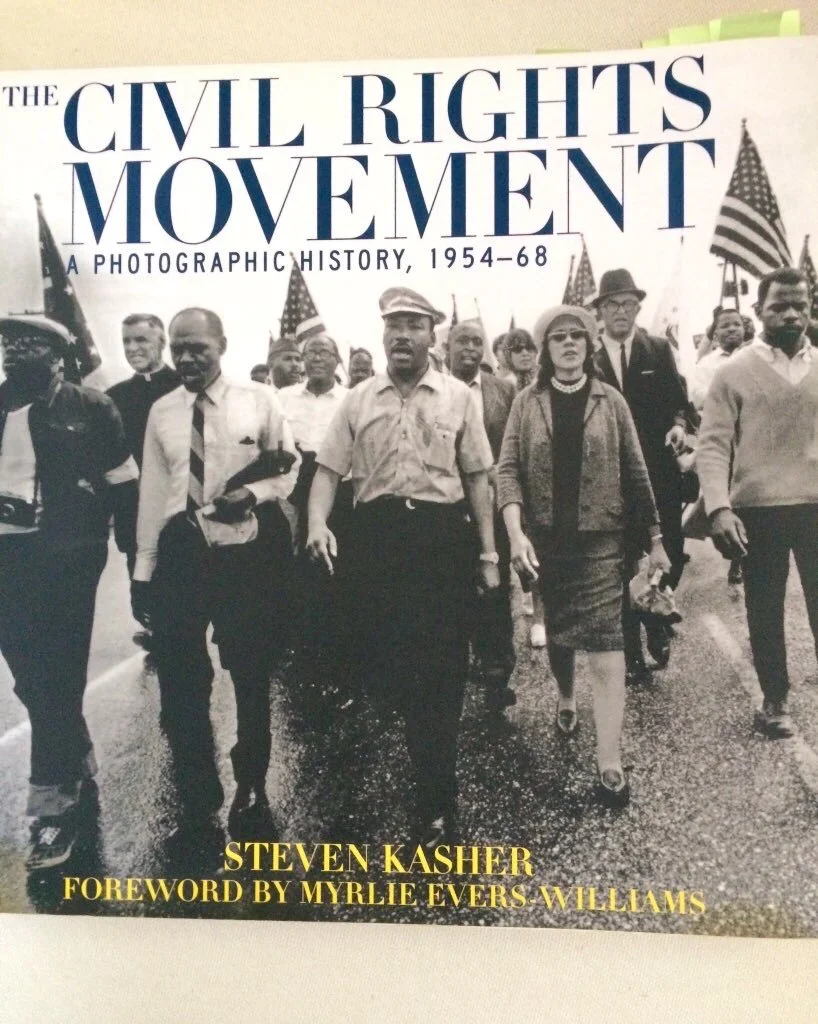黒人差別はアメリカ南部に限定されているか? Was prejudice against black people unique to the South?
歴史的には、南部での差別が一番厳しかったが、南部だけの問題ではありませんでした。北部でも別な形での黒人差別は激しかったのです。北部の New York, Chicago, Detroit の差別は特に不動産屋が黒人に紹介する物件を制限したり、職場では仕事の種類を「黒人のみ」という枠で限定したりしました。確かに南部はよりはっきりした差別があったが、今も昔もアメリカ全体の問題だ。
Prejudice against black Americans was strongest in the South, but it was not limited to that part of the country. In northern cities like New York, Chicago and Detroit, prejudice took other forms. Black people were prevented from living in certain neighborhoods and therefore forced into other neighborhoods which were almost 100% black. In the workplace, they were only allowed to work at the hardest, poorest-paid jobs, regardless of their ability. To be sure, prejudice was worse in the South, but the problem was and continues to be a problem around the entire country.
今の「南北戦争の英雄の記念碑」の問題は南部の方が多い。しかし、白人至上主義者は各地にいる。
The Confederate statues issue is pretty much limited to the South, but white supremacy can be found in virtually every region of the U.S.




